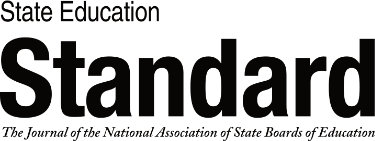International and national assessments suggest that U.S. students’ mathematics performance declines drastically as they progress to higher grades. Improvement in K-12 performance remains elusive despite efforts to set more rigorous academic standards, align curriculum materials more closely with those standards, and test more frequently. Such reforms have not changed how math is taught. Math instruction in the United States still focuses more on rules than on making sense of concepts. Until that changes, student performance is unlikely to change. One way to improve instruction is through a more systematic approach to teacher training.
Achieving Equity and Excellence in Mathematics Teaching
Also In this Issue
The Impact of COVID-19 on Math Achievement
By Jennifer Sattem, Matt Dawson and Elizabeth PeyserWithout urgent attention, the problem of unfinished learning will compound as students advance to later grades.
High-Dosage Tutoring
By Beth SchuelerStrong evidence points to equity and well-being benefits from well-designed programs.
Advancing Science Instruction
By Bobbi NewmanState boards can lean into efforts to boost K-12 science literacy and beef up access to high-quality, inquiry-based education.
The Urgent Need for Tailored Math Instruction
By Joel Rose and Michael WatsonStates can shift away from grade-level myopia to help students catch up.
10 Lessons Learned from the Science Classroom
By Ryan FuhrmanExperience with high-stakes accountability informs teacher's standards setting on the state board.
Mulling Changes to Math Instruction
By Jo Boaler and Jennifer Langer-OsunaA framework proposed in California seeks to boost achievement by increasing the engagement of all students.
Achieving Equity and Excellence in Mathematics Teaching
By Yasemin Copur-GencturkStates should revamp how teachers are equipped to deliver effective instruction.









 i
i
 i
i
 i
i